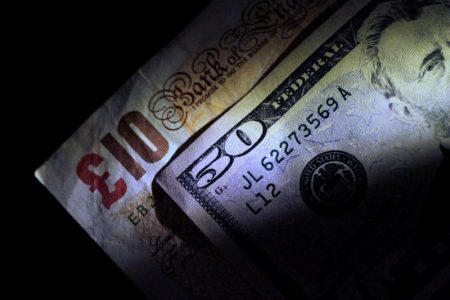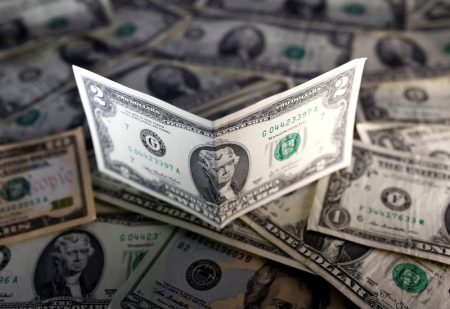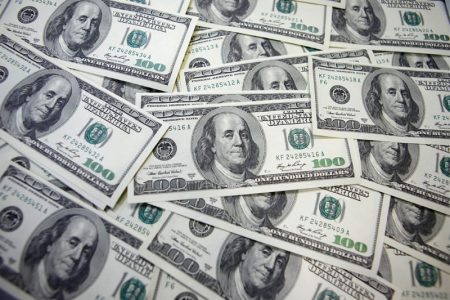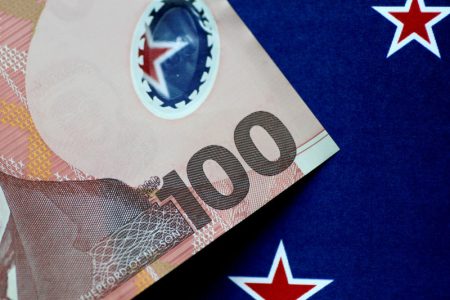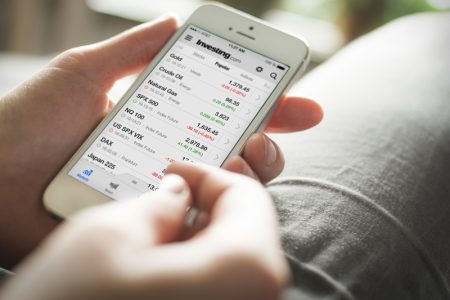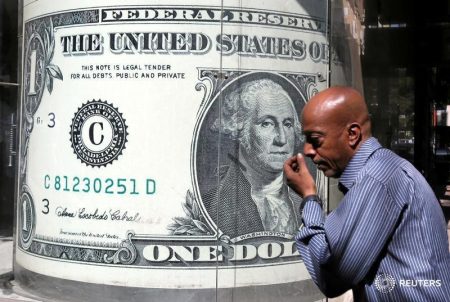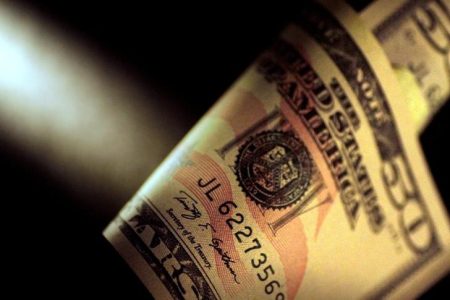By Tom Westbrook and Harry Robertson
SINGAPORE/LONDON (Reuters) – The battered yen recovered some ground on Wednesday on threats of intervention from Japanese authorities, and as investors shifted focus to the Federal Reserve’s policy decision later in the day.
The dollar was last down 0.33% at 151.24 yen, after more pointed-than-normal remarks from Japan’s top currency diplomat Masato Kanda.
It hit a one-year high on Tuesday as the yen slid after the Bank of Japan redefined its 1% limit on 10-year government bond yields as a reference rate rather than a hard cap.
The tweak underwhelmed many investors who had been expecting a stronger move away from ultra-loose monetary policy.
It was not enough to close the wide gap in bond yields between Japan and other countries, that has been responsible for the yen’s almost 14% drop against the dollar this year.
“It’s still the case that interest rate differentials are widening significantly in favour of the U.S,” said Claudio Irigoyen, global head of economics at Bank of America Global Research.
“So the normalisation… is relatively fast for BOJ standards, but slow relative to what we are seeing in the rest of the world.”
The yen traded weaker than 160 per euro for the first time since 2008 on Tuesday, but recovered slightly to 159.68 on Wednesday.
“The market definitely will try to probe for where the red line is for the Ministry of Finance,” said Alvin Tan, head of Asia FX strategy at RBC Capital Markets.
“It’s clear that it’s not at 150 (per dollar)… but you don’t want to be out there in front when the Japanese authorities intervene.”
Trading elsewhere in currency markets was subdued. The , which tracks the greenback against its major peers, inched 0.11% higher to 106.78.
Economists expect the Fed to keep interest rates on hold when it announces its decision at 1800 GMT (2 p.m. ET).
Investors will scrutinise Chair Jerome Powell’s comments for hints about how long rates will stay at the current 5.25% to 5.5% level and whether there’s a chance of them rising again.
The has traded sideways since hitting an almost one-year high of 107.34 in early October on the back of a sharp rise U.S. bond yields driven by strong economic growth.
Analysts said a potentially bigger event for bond and currency markets on Wednesday is the U.S. Treasury’s announcement at 1230 GMT (8.30 a.m. ET) of how it intends to fund its wide budget deficits via the bond market.
The euro fell 0.17% to $1.0558 in the wake of Tuesday’s fall in growth and inflation.
“The data shows the (European Central Bank’s) 450 basis points of interest rate hikes … are working to restrict demand,” said CBA analyst Carol Kong. “We estimate the euro zone economy is now in recession.”
Sterling was down less than 0.1% at $1.2149 ahead of the Bank of England’s interest rate decision on Thursday.
The Australian dollar rose 0.13% to $0.6345.
Factory activity indicators in China, Japan and South Korea showed activity slowed in October.
Read the full article here







